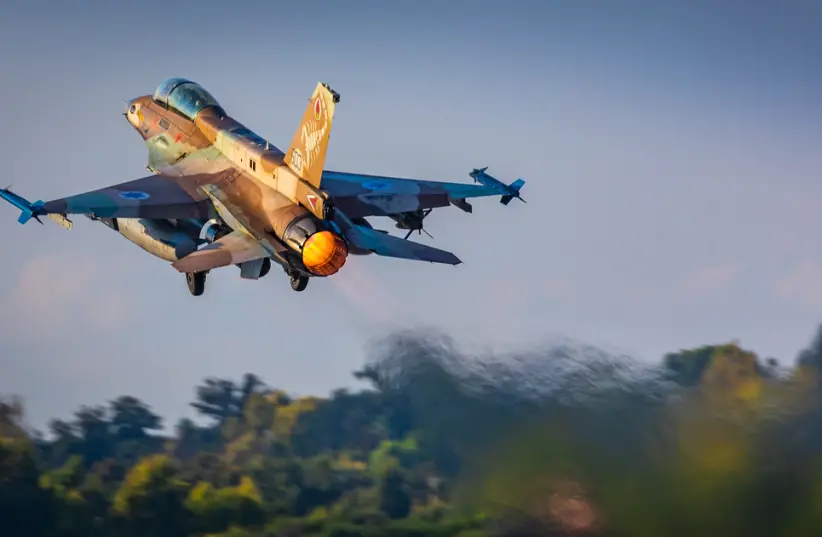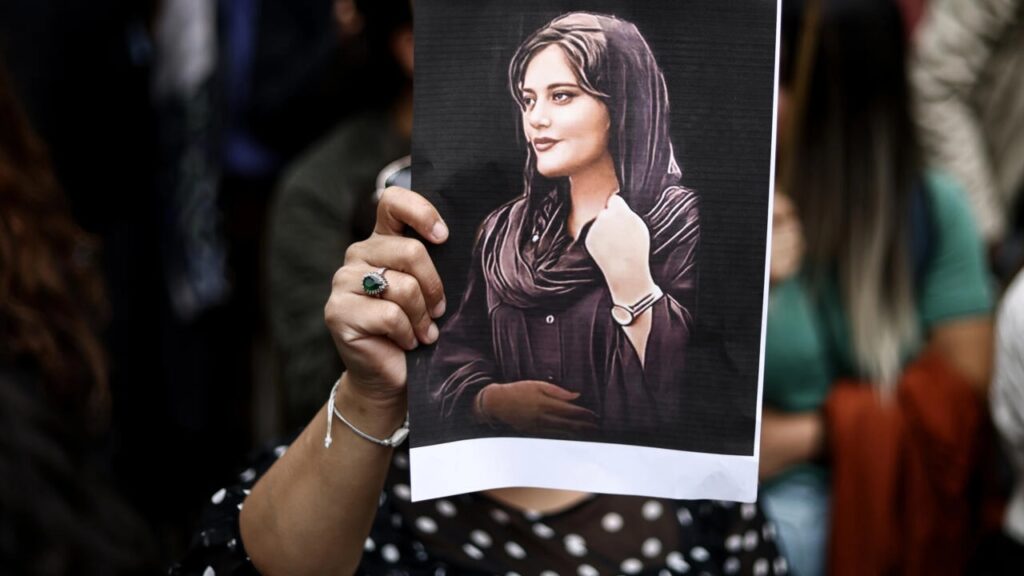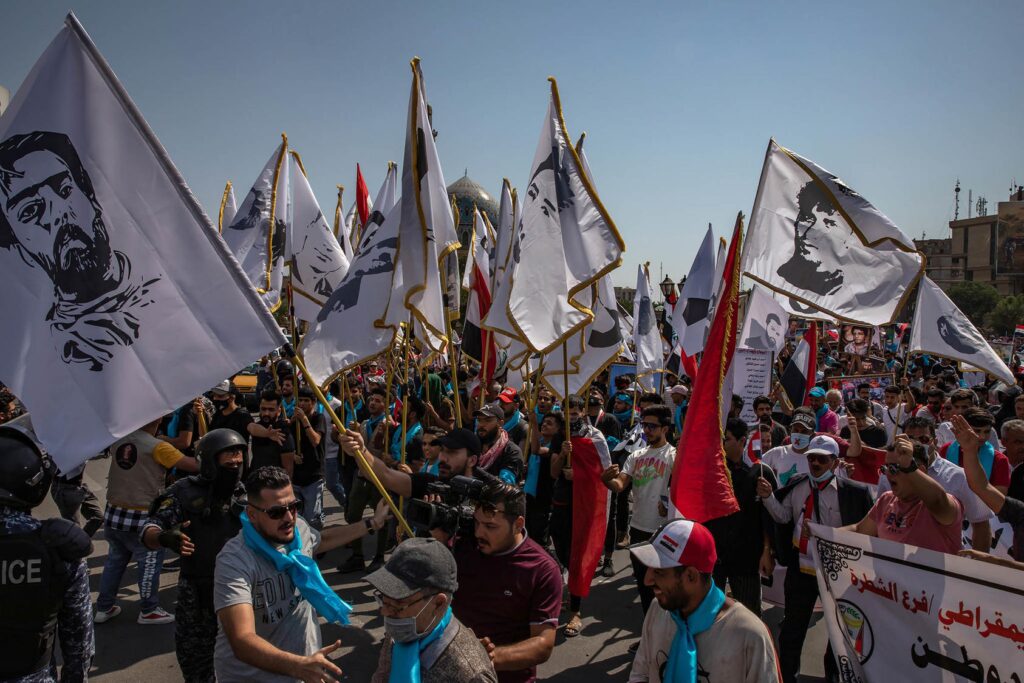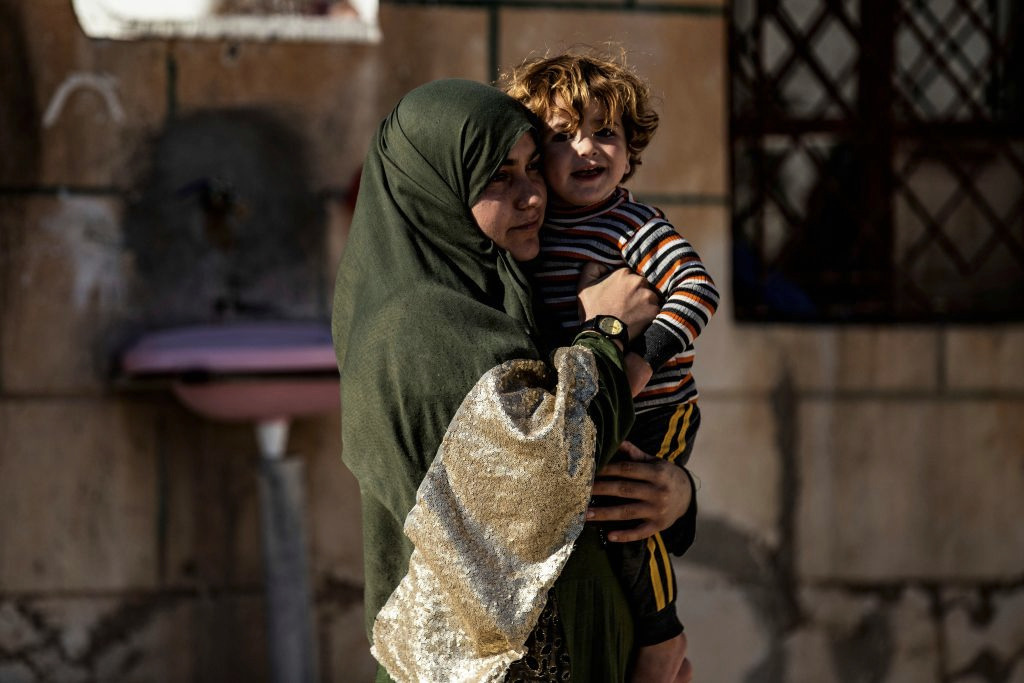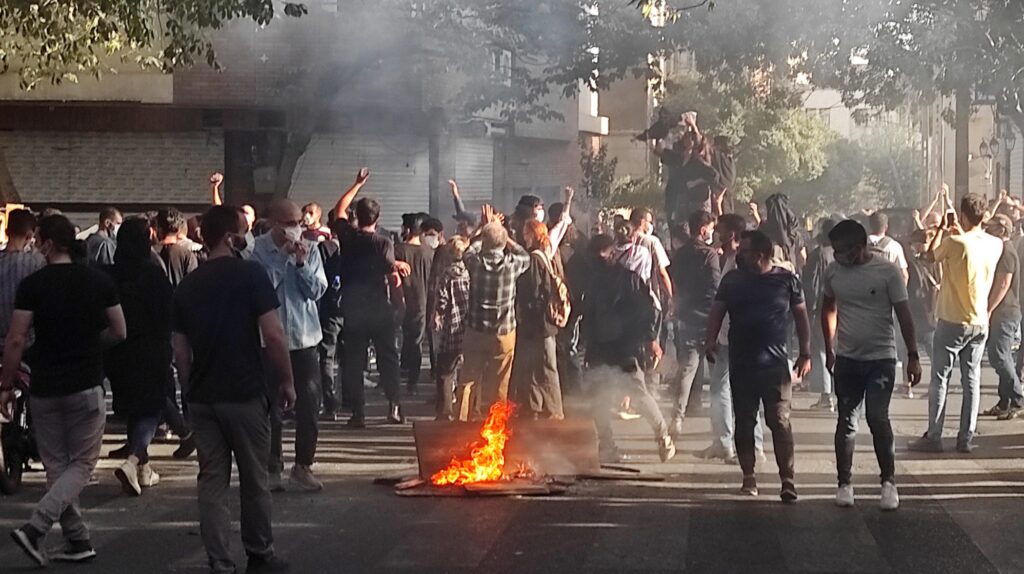Albanian PM seeks Israel’s cyber expertise after Iranian attacks
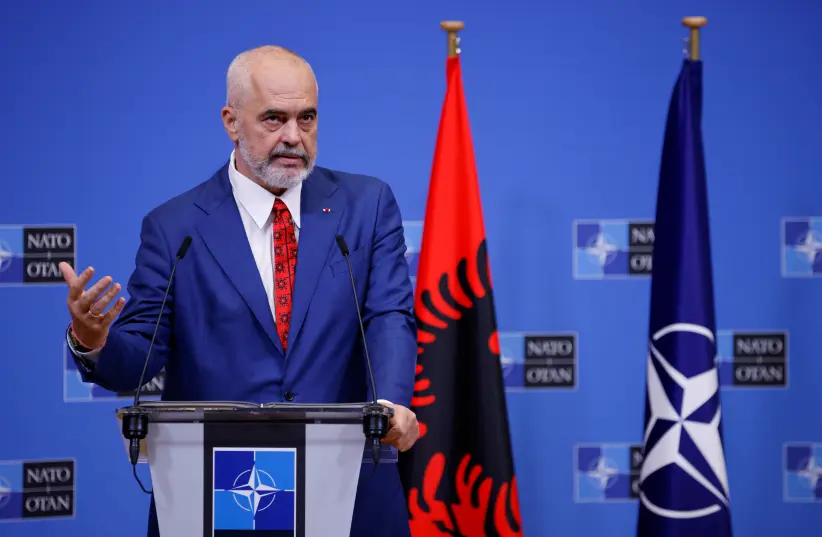
The Iranian cyberattack on Albania earlier this year threatened to paralyze public services and digital systems, hack into state records and further sow chaos.
Albanian Prime Minister Edi Rama arrived in Israel on Sunday to strengthen his country’s cyber defense after a series of attacks from Iran that led his country to cut ties with Tehran.

